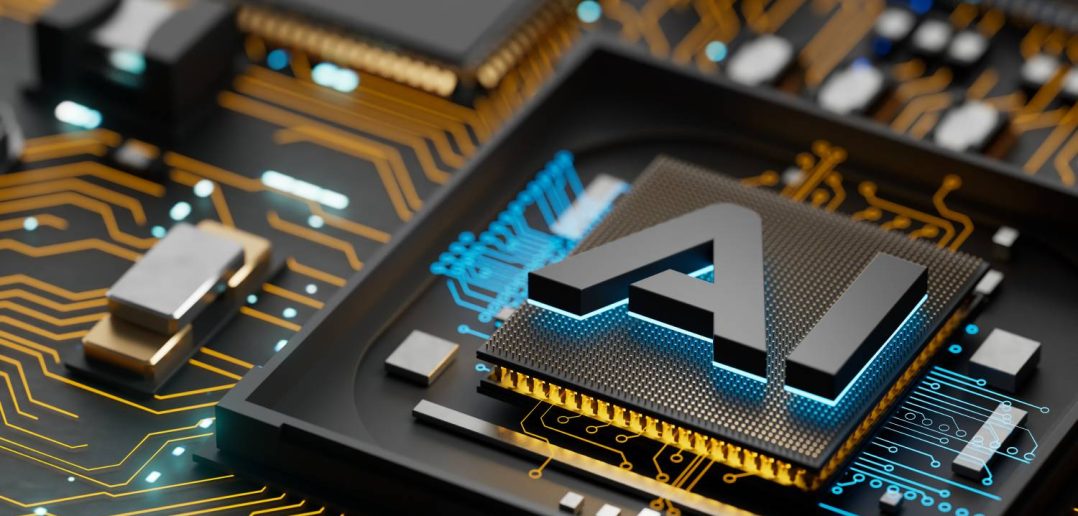I've been fortunate to work on advanced analytics, machine learning and AI for more than 25 years. It’s more than a job. It’s my passion. So naturally, I was very interested in tuning into Microsoft AI CEO Mustafa Suleyman’s TED talk, What is an AI anyway?
From my perspective, Mustafa outlines three main arguments:
- The evolution of AI. Initially considered fringe, AI has rapidly advanced, surpassing human capabilities in various tasks. This advancement prompts questions about its societal implications, including its potential to solve global challenges and concerns about ethics and control.
- Defining AI. Mustafa reflects on a simple yet profound question: "What is AI?” This question prompts a deeper exploration into the nature of AI and its potential impact on humanity. Mustafa suggests that AI should be understood as a new digital species, distinct from traditional tools. He emphasizes the need for appropriate metaphors and mental models to comprehend and guide AI development.
- The promise and challenge of AI. While acknowledging the immense potential benefits of AI, Mustafa stresses the importance of addressing risks and ethical considerations. He advocates for a thoughtful approach to AI development that prioritizes human values and agency, emphasizing the opportunity to shape a future where AI reflects the best aspects of humanity.
Ultimately, AI remains a product of human ingenuity, reflecting its creators' biases, intentions and limitations.
Let’s discuss the ramifications
As the VP for Applied AI and Modeling R&D at SAS, I feel compelled to respond to some of these arguments in the hope of fostering a discussion, not only among creators of large language models, such as Microsoft, but also among independent software vendors like SAS, who consume these models, and our joint customers.

While offering some conceptual clarity, the metaphor of AI as a new digital species risks further alienating those already apprehensive about the technology. It's crucial to approach AI development cautiously, avoiding the temptation to attribute human-like qualities or consciousness to these systems. Positioning AI as the next phase of the Industrial Revolution rather than as a new form of life helps maintain perspective and guards against grandiose claims that could lead to unwarranted fear or undeserved reverence.
Indeed, questions about control and ownership loom large in discussions of AI's future. Who stands to benefit from framing AI as a new species, and who assumes the role of its steward? Such narratives could reinforce power imbalances and exacerbate societal divisions without careful consideration.
The true nature of AI
Assertions about the emotional intelligence of AI, suggesting it will possess traits such as kindness and empathy, must be met with skepticism. Our understanding of emotional intelligence in humans is still evolving, making it premature to attribute such capabilities to artificial systems. While AI may simulate empathy or offer personalized assistance, it lacks true emotional comprehension and ethical reasoning.

Additionally, claims that AI systems can “see” what humans see and have memories, personalities and creativity require scrutiny. While AI systems can process vast quantities of data and perform tasks that mimic human perception and creativity to some extent, they lack the nuanced understanding and subjective experience inherent in human cognition.
The analogy of AI "seeing” or possessing personality oversimplifies the complexity of human perception and consciousness, potentially leading to misconceptions about the true nature of AI.
Humans play the central role
Ultimately, AI remains a product of human ingenuity, reflecting its creators' biases, intentions and limitations. It is a tool, not a sentient being, and as such, it requires careful oversight and human guidance. The concept of humans-in-the-loop systems, where human judgment and values play a central role, underscores the importance of maintaining human control over AI decision making processes. I explore this paradigm deeper in the AI Business article “Human-in-the-Loop: Mission Critical for AI Usage and Evaluation.”
A force for good
In shaping the future of AI, it's essential to approach the technology with humility, acknowledging its potential and limitations. By fostering open dialogue and transparency, we can ensure that AI serves as a force for good, empowering humanity while respecting our values and autonomy.


3 Comments
Thanks for injecting some much-needed thoughtful reality into the AI hype-stream. Your points are well crafted and well created.
Thank you for the clarity and championing a rationale approach to this remarkable scientific feat. AI is impressive enough without overselling its abilities.
^^rational^^ (AI auto-fill fails again just as I sang its praises 🙂